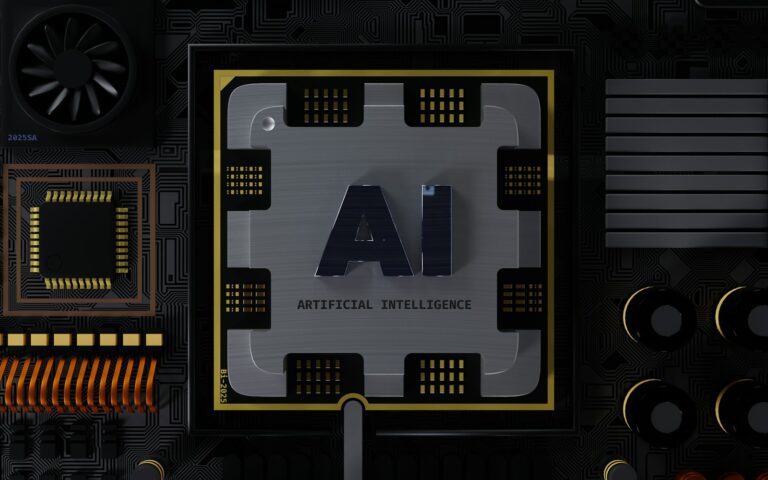
AI in Finance: How Algorithms Shape Global Markets
Understanding AI’s Role in Modern Finance
Artificial intelligence (AI) has transcended the realms of science fiction to become a pivotal force in today’s financial markets. From high-frequency trading algorithms to robo-advisors, AI technologies are redefining how investments are managed, risks are assessed, and financial transactions are executed. The sheer volume of data generated daily in the financial sector necessitates advanced analytical tools, making AI not just an option but a necessity.
AI’s application in finance encompasses various tools and technologies, including machine learning, natural language processing, and predictive analytics. These AI-driven systems can analyze vast datasets faster and more accurately than human analysts, leading to enhanced decision-making processes. As we delve deeper into this topic, it becomes clear how integral AI is to shaping the future of finance.
Algorithmic Trading: Speeding Up Market Transactions
One of the most significant impacts of AI in finance is seen in algorithmic trading. These algorithms can execute trades in milliseconds, capitalizing on minute price fluctuations that human traders might overlook. Firms like Renaissance Technologies have leveraged AI to develop sophisticated models that analyze market trends and execute trades with precision.
This rapid trading ability not only maximizes profits but also introduces a new level of volatility and liquidity to the markets. However, it has sparked debates about fairness and market manipulation, leading regulatory bodies to keep a watchful eye on algorithmic trading practices. The balance between efficiency and ethical considerations remains a hot topic in financial discussions.
Credit Risk Assessment: A Data-Driven Approach
AI is revolutionizing how financial institutions evaluate credit risk. Traditional credit scoring models often rely on limited data sets that can overlook critical factors affecting a borrower’s ability to repay. AI algorithms, on the other hand, can analyze diverse data—ranging from social media activity to transaction histories—to deliver a more nuanced assessment.
Companies like ZestFinance utilize machine learning to identify potential borrowers who might have been deemed risky by traditional methods. This data-driven approach not only broadens access to credit for underserved populations but also reduces the risk of defaults for lenders. As these technologies evolve, we can expect further innovations that will continue to democratize financial services.
Fraud Detection: Enhancing Security with AI
The rise of digital transactions has brought about an increase in fraudulent activities, making robust fraud detection systems crucial. AI plays a critical role in identifying and mitigating fraud risks. Machine learning algorithms can detect irregular patterns in transaction data, flagging potentially fraudulent activities in real-time.
Companies like PayPal and Mastercard employ AI-driven tools that adapt and learn from new data, making them increasingly effective at spotting fraud. This proactive approach not only safeguards users’ assets but also builds trust in online financial transactions, which is essential for the ongoing digitization of finance.
Conclusion: The Future of Finance is AI-Driven
As we navigate through the complexities of modern finance, it is apparent that AI is not merely a trend but a fundamental shift that is reshaping global markets. From algorithmic trading to credit assessments and fraud detection, the integration of AI technologies is enhancing efficiency, security, and accessibility in financial services.
The continuous evolution of AI in finance holds immense potential, paving the way for innovative solutions that can address the unique challenges of the industry. As we look ahead, the synergy between human intelligence and artificial intelligence will undoubtedly create a more resilient and dynamic financial ecosystem.



